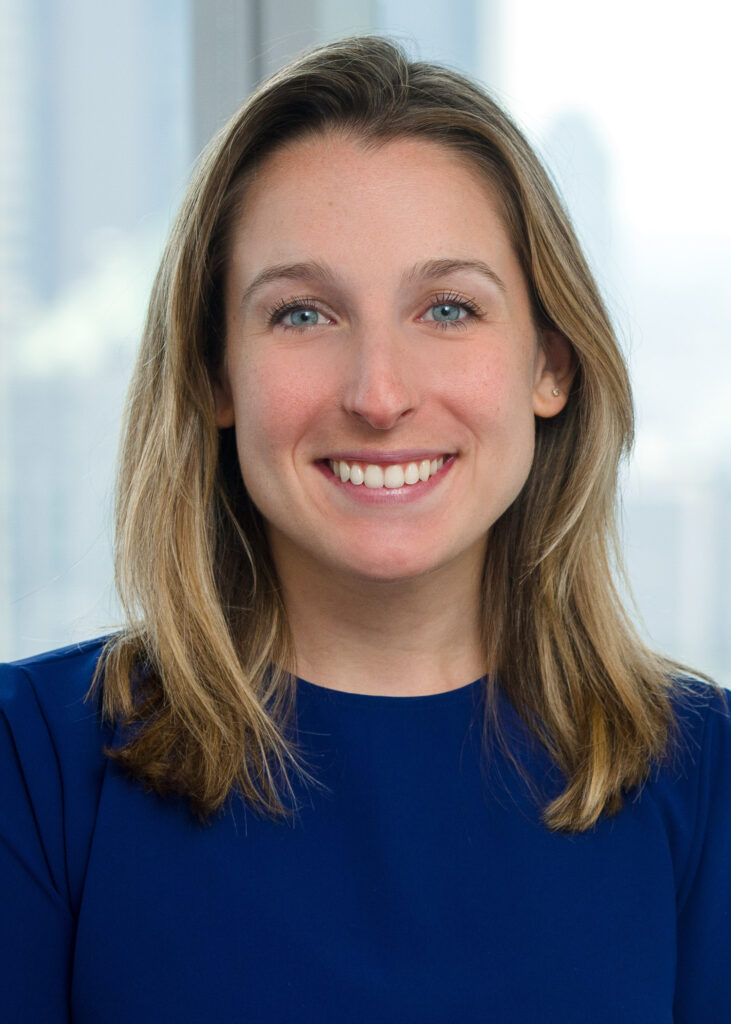By Hon Robert D. Drain (ret.), Justin Winerman and Jamie Slocum (Skadden, Arps, Slate, Meagher & Flom LLP)



After the U.S. Supreme Court’s Purdue decision, the resolution of claims by third parties against nondebtors, even if they relate closely to claims held by the debtor’s bankruptcy estate, cannot be imposed on affected third-party claimants under a plan of reorganization without the third-party’s consent. Purdue did not, however, obviate issues raised in bankruptcy cases by overlapping claims of debtors and third parties against nondebtors.
Two recent mass tort cases, In re the Roman Catholic Diocese of Rockville Centre and In re KFI Wind-Down Corp., illustrate how debtors, their creditors, and third-party targets continue to pursue largely comprehensive settlements after Purdue.
In Roman Catholic Diocese of Rockville Centre, the Diocese filed its chapter 11 case in October 2020 seeking to achieve a comprehensive settlement with hundreds of abuse survivors, insurers and other related parties, including affiliated parishes. The parishes and insurers were prepared to negotiate and contribute to a settlement in exchange for a pre-Purdue release through a chapter 11 plan. Ultimately, Chief Bankruptcy Judge Glenn directed the parties to mediation that resulted in an economic settlement among the Diocese, parishes, insurers and claimants. The Diocese, parishes and abuse claimants negotiated and implemented a resolution of their claims against the insurers under which the insurers bought back their insurance policies for approximately $88 million, with that amount to be contributed to an abuse claimant trust under a plan. The plan set aside a negotiated reserve of insurance settlement proceeds allocated to address potential abuse claimants’ direct claims against the insurers or the policies, with cash being released from the reserve into the trust as certain threshold number of claimants executed releases in favor of the insurers, including releases of their direct claims (if any). In addition, the parishes filed bankruptcy petitions under the Southern District of New York’s amended procedural guidelines for “rapid” prepackaged chapter 11 cases, so that the parishes could obtain their own bankruptcy discharge.
In KFI Wind-Down Corp., the proposed chapter 11 plan (with a disclosure statement hearing scheduled in May) would use both bankruptcy and nonbankruptcy settlements to relatively comprehensively resolve claims by the debtor and thousands of third-party plaintiffs against nondebtors. The proposed plan would settle estate claims against the debtor’s indirect parent and related parties, and the indirect parent and counsel for certain groups of plaintiffs in a pending mass tort MDL have agreed to a proposed opt-out class-action settlement of such plaintiffs’ “direct claims” against the parent company that will be overseen by and subject to approval of the U.S. District Court presiding over the MDL. Specifically, the debtor would release its estate’s claims against the parent company in exchange for the parent company’s substantial funding over five years of a plan-settlement trust. The debtor and parent company would also implement a cooperation and proceeds-sharing arrangement related to the recovery of shared insurance, to be pursued and distributed by a plan-settlement trust.
Both Rockville Centre and KFI Wind-Down Corp. highlight the value that debtors, creditors and third parties continue to see in the global, or near-global, resolution of such disputes after Purdue.
Click here to read the full article.
